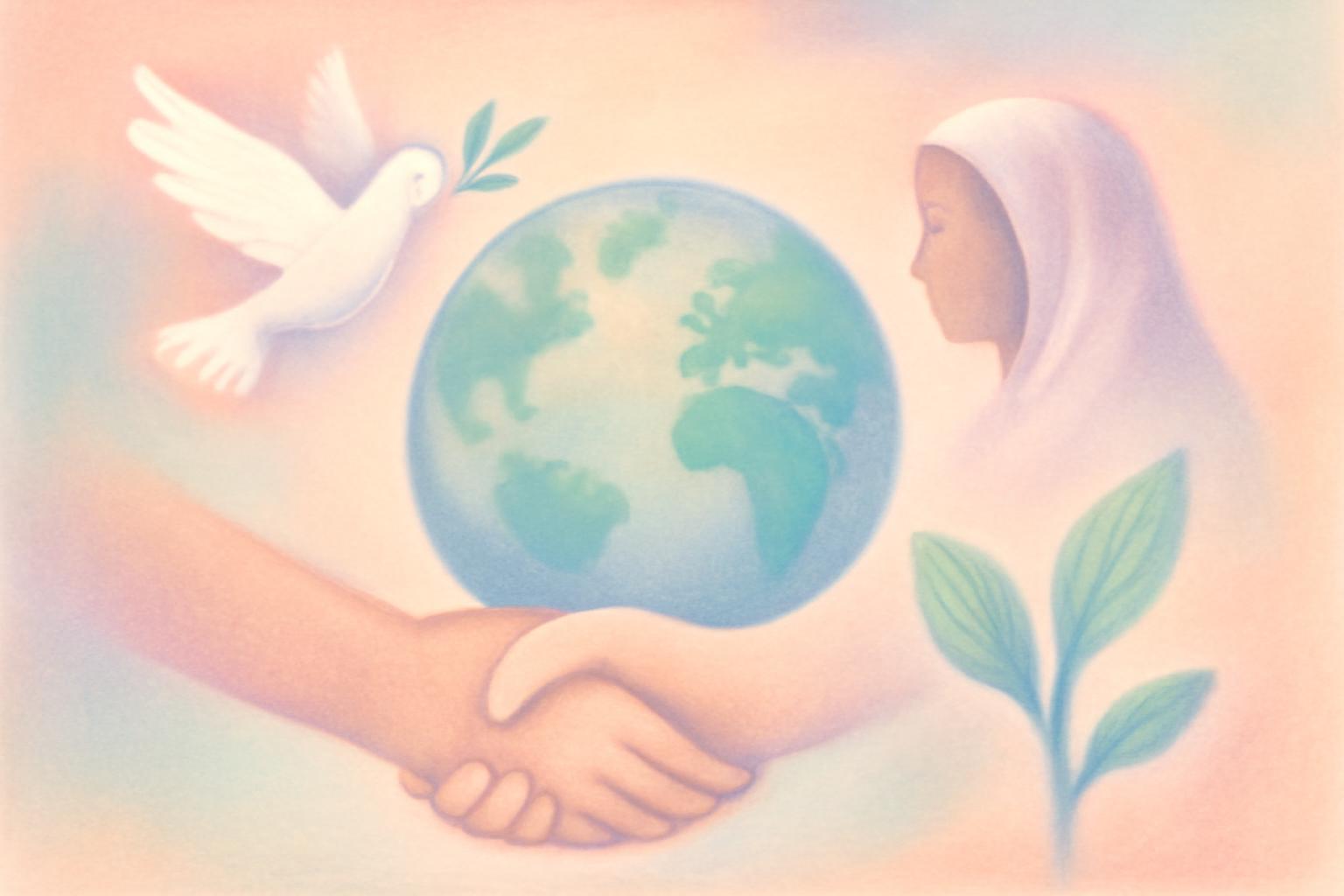soft footsteps on the earth tell a different story from the policy papers. afghan and ukrainian lives intersect with the cold logic of borders, benefits, and backlogs. a pledge to protect those who stood with a country in need met the long ache of a world that moves slowly around the clock. visa queues in distant towns, security interviews added, and backlogs stretching into years—human beings navigating a labyrinth of paperwork while their homes and futures hang in the balance. in parallel, the politics of 2025 shifted toward stricter language and tighter gates, even as courts sought to soften some blows, and yet the question of who is welcomed, who is waited for, and who must wait forever persisted. ukrainians found a different path, with rapid work rights and integration into a bustling labor market, while afghans faced harsher turns, deportations, and the uneasy phrase of “where possible.” and through it all, citizenship and border rules shifted like tides—some doors opening with dual citizenship, others narrowing with stricter criteria, as europe debated asylum as a shared responsibility and as a sovereign safeguard. the larger frame—eu-wide reforms pushing procedures outward, begging for solidarity even as they demand stricter limits—hung over every decision, every sentence of law, every human story.
yet this is not only a ledger of numbers and votes. it is a wound in the earth, a desecration of the home we all share. when doors close, forests, rivers, and soils feel the tremor of displacement, as if the planet itself must bow to the fear that a passport can suppress. the earth bears the scars of a colonial past that drew lines on maps, extracted people and resources, and taught some to fear the other as a threat to security instead of a sister or brother in need. the toxic currency of control—where human beings are weighed by costs, by “where they come from,” by the illusion of risk—feeds a system that profits from separation, not from healing. border centers become pipelines of separation, where dignity is narrowed to a checklist and protection is framed as permission rather than a birthright. the deportations—whether framed as criminals or as cases to be managed—tell a story of power over life, a story that forgets that every soul carries seeds of resilience, memory, and hope.
we must name the sin clearly: the colonial impulse dressed in policy, the habit of treating people as variables to be managed rather than kin to be cherished, the belief that the market’s appetite for control can cure the wounds of war, climate crisis, and exile. in this logic, the earth is a resource to be rationed, and human beings are units to be sorted. but the healing path is opposite and ancient: to unlearn fear, to reweave communities, to nourish belonginess, and to honor every traveler as a bearer of wisdom, labor, and life. we must also address the root cause that makes asylum a desperate necessity—ecological breakdown, wars fueled by extractive economies, and the hollow promise that “order” can stand without justice. the world we want is braided with resilience: humane routes for refugees, safe passage, dignity in reception, and a shared commitment to climate justice that sees migration as adaptation and renewal rather than a problem to be solved.
let us imagine a policy that heals rather than harms. pathways that recognize asylum as a universal human right, with swift, compassionate procedures that honor risk and need without cruelty. universal protection that does not hinge on birthplace or currency. a european framework that honors climate refugees alongside those fleeing conflict, ensuring that the earth’s guardians—the people who nurture land, water, and sky—are welcomed with shelter, work, and care. dual citizenship and naturalization not as a tool to placate fear, but as a bridge that honors belonging while preserving cultural diversity. a border policy guided not by the illusion of safety alone but by the truth that security grows when communities are rooted in justice, solidarity, and mutual care. and above all, a commitment to healing the wounds we have inflicted on the land: ending forced deportations as a violence against life, transforming secondary migration centers into gateways of support, and investing in the green, just economies that sustain both people and planet.
may we choose a future where the river of humanity flows freely toward care, where mothers, fathers, siblings, and elders travel not for conquest or profit but toward safety, work, and kinship. may our laws mirror the rhythms of the earth—renewal, balance, and reciprocity—so that the air we share is not thick with fear but alive with possibility. and may we remember that every act of welcome is a seed planted in soil that remembers: a garden of justice grows best when it is tended by many hands, rooted in the belief that protecting the vulnerable is protecting the whole world we call home.
